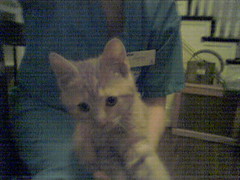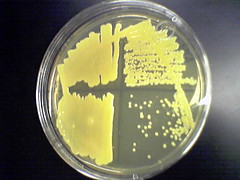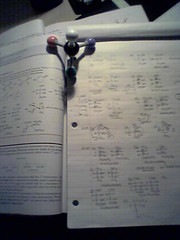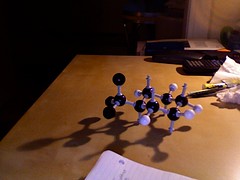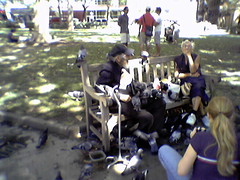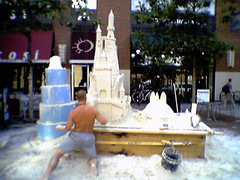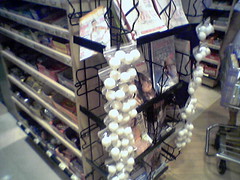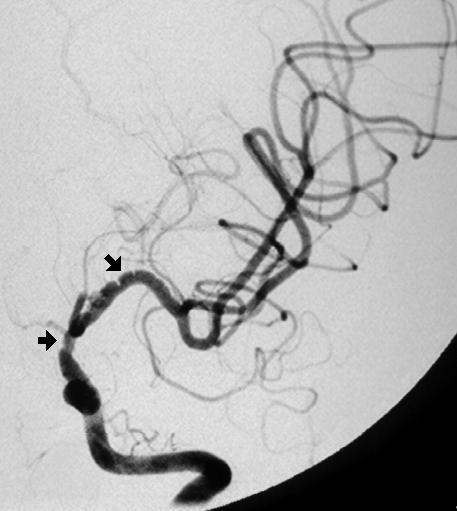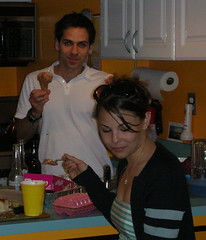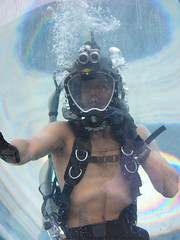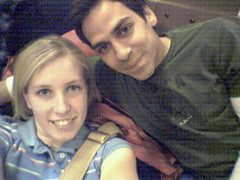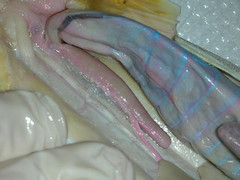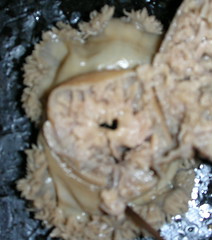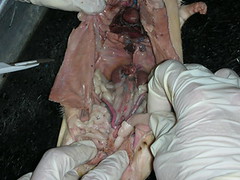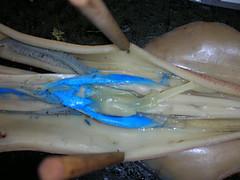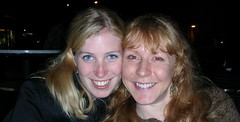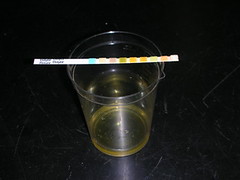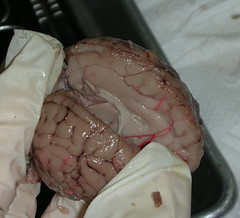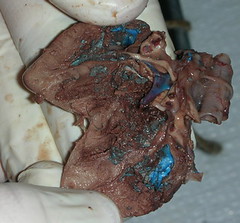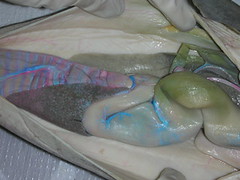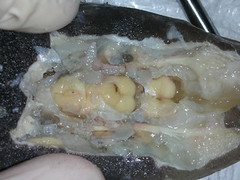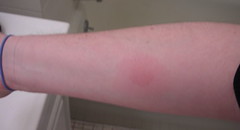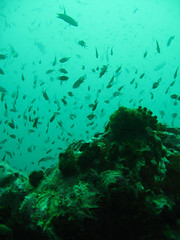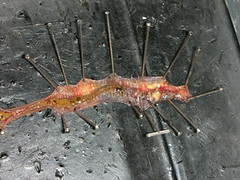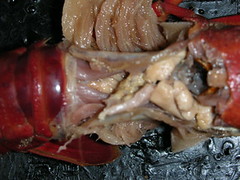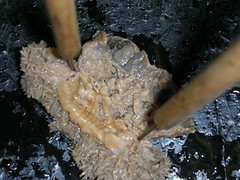Today was the toughest day I've ever spent in the hospital. The children were the sickest, not just of the neurology patients, but arguably in the whole hospital. Now usually, I only see patients on follow up visits; their acute events (ie, the stroke) has already occurred and been treated, or I see only the images and do not meet the patient in person. This means I have been shielded from the real crisis so far, I don't generally see the life vs death dynamic. But today, today I did.
It started in stroke conference when I saw some of the most severe image studies I think you could acquire from a still-breathing child. They were mostly infants, which means they have a high level of neuro-plasticity (adaptivity) but they are also very fragile. One child had literally 1/3 of his brain missing. He had had a hemorrhagic stroke which created a cavity in his brain; the cavity being where most of us have our right middle cerebral territory. Now the baby has a clot in his femoral artery, but they cannot anti-coagulate because of the high risk of additional bleeding in the brain. They cannot image to track the stroke because he has a pacer due to pre-mature birth related cardiac problems. Basically, the baby is falling apart and treating any one of the conditions will kill him by exacerbating another.
Next we reviewed the images of a congenital heart defect (chd) baby. These babies are extremely prone to encephalopathic (brain) disorders because their blood supply in utereo tends to be very poorly oxygenated. This child had a hypoplastic left ventricle (missing left atrium/ventricle aka a "blue baby") and now was experiencing almost daily white matter strokes. I literally lost count while we went through the images because there were so many of them. They are a post-operative complication, the operation being the placement of a BT shunt (without which the child will certainly die) and some children experience them while others do not. By the time this infant stabilized, most of the white matter was lost.
After stroke conference I attended two patient consults with my attending and the prognoses did not improve. The first patient had recovered from a stroke but was left at high risk of recurrence and with a seizure disorder. While we were evaluating her she had a seizure despite being loaded with anti-convulsents. The only drugs left in the arsenal do more harm then the seizures themselves, but the mom was hysterical. I think she thought she was watching her child die in front of her, which raises an interesting issue of how to treat the parents when you're treating the child. With the exception of status epileptus, most seizures will resolve themselves and will not cause brain injury, but the mother's ears were shut. Very little was actually accomplished and I think the mother, not the stroke, will ultimately be the problem for this patient.
The last patient of the day was by far the worst. He was not actually a stroke, but a mitochondrial disorder. If you've had biology you will recall that the mitochondria are responsible for producing cellular energy, so abnormalities can cause diffuse and severe effects. In this case, the toddler could no longer breathe without a ventilator, had lost all his language, and could not move his limbs against gravity. He couldn't swallow or hear, and was losing his sight now as well. He had seizures and was fed through a G tube (tube placed into the stomach) and his kidneys were failing. He spent June - Dec of last year in the hospital and May - July of this year as well. After the exam, the mom asked the 64 million dollar question "how long will my child live?" And then came "how much can we do?" And now began my first experience with pallative care. The answer is, the child will live to his next birthday if he doesn't get the flu. Any virus, any common bug, will kill him. Without motion or sight or verbalization, he cannot communicate pain. The question is not how much we can do for him, it's how much you want to do. What kind of life is this child living? Don't worry, children aren't like animals, we don't put them down, but we do sign DNR orders and refuse surgeries and treatments to hasten the end when prolonging it is more cruel. That's the kind of conversation we had with this toddler's mom. That was how I ended my work day. This will be part of my life as a doctor and it's harder than I thought. It's really hard.
